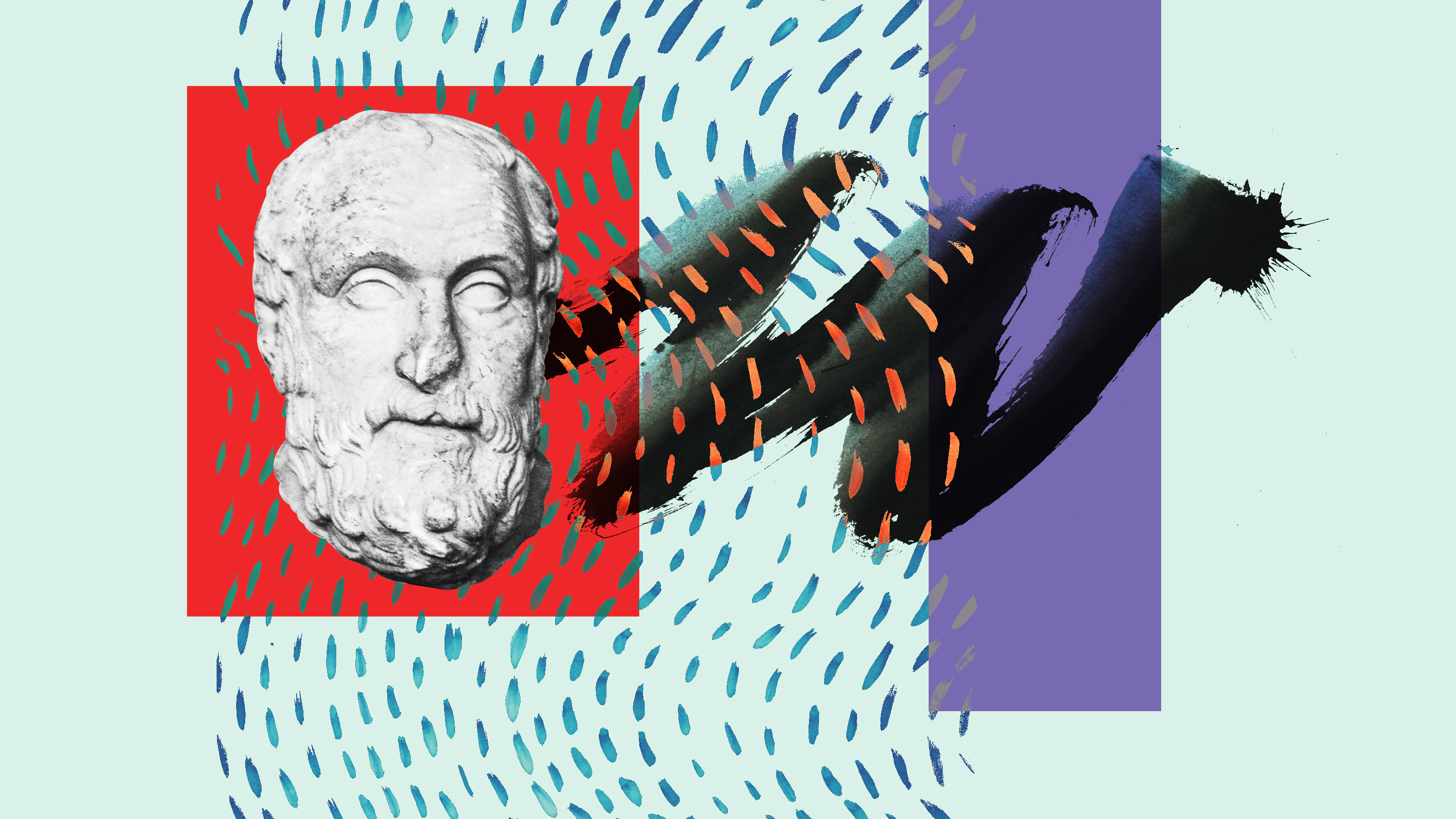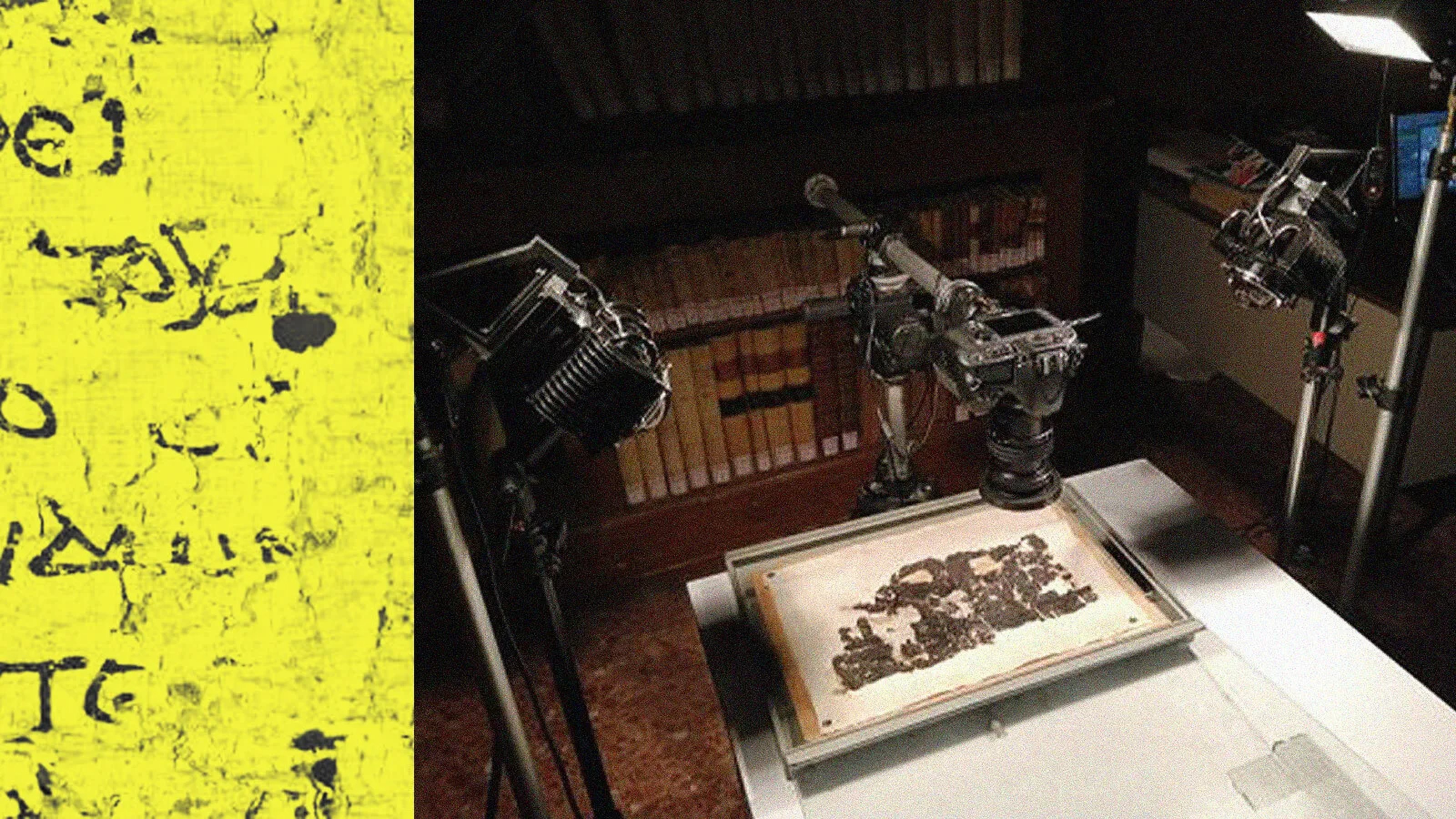How to avoid the “Panglossian trap” and make better decisions

Credit: Jacques Augustin Catherine Pajou / Public domain / Wikimedia Commons
- Philosophers and social media posters can often be guilty of the same thing: over-simplifying ideas.
- In Voltaire’s Candide, the overly simple idea is the “best of all possible worlds” — a naive “Panglossian” optimism that everything will turn out for the best.
- Of course, it often doesn’t. Here we look at three actionable take-aways from Voltaire’s greatest work.
The internet is awash with platitudes. “Live, Laugh, Love,” “Keep Calm and Carry On,” and “Y.O.L.O.” The problem, as with any pithy quote, is that they reduce the complexities of life to Pinterest posts and souvenirs. They reduce all there is to the universe to a single mantra. Not only is this ridiculous, but it’s often hilariously disconnected from how things actually are.
It can seem irritatingly churlish to say, but more often than not, the answer to most questions is: “It depends.” Life is the complicated sum of complicated people making complicated decisions in a complicated world. No great, lasting, practical wisdom can come from a few lines, however poetically worded.
This is what Voltaire calls out in his 1759 satirical novella, Candide, and there are still more than a few lessons we can apply from his work to our lives today.
The system-philosopher
Philosophers are also guilty of trying to reduce things to a single idea. From Plato to Georg Hegel, via George Berkeley and Immanuel Kant, philosophers often try to explain everything in a single, overarching system. Nor is it a purely Western thing; Confucius, Nagarjuna, and Al-Farabi all presented all-encompassing theories to explain everything. Philosophers sometimes present an idea and say that everything must be seen through the lens of that idea. In Voltaire’s day, this approach was associated with the German philosopher Gottfried Leibniz, who argued that our world was the “best of all possible worlds,” and that God created it this way, with all its imperfections, because it was the only possible way.

Voltaire thought this was utterly absurd, and his novel Candide is an attempt to show why. Candide is an 18th-century German who’s witness to a barrage of misery. Yet he lives with the philosophy of his tutor, Pangloss, who says that every horror, cruelty, and injustice he experiences is a necessary part of the “best of all possible worlds.” When his loved one is raped and her family is murdered, it must all be for the best. When he’s a soldier wading through the charnel house of war, it must be part of the plan. When he’s cheated, tortured, maimed, and beaten, it must be for the greater good. No matter how bad things get, Candide has the reasonable and condescending voice of Pangloss telling him this is the only way things can be.
Today, the word “Panglossian” means naively optimistic. Of course, the reader knows Pangloss is a charlatan and the “best of all possible worlds” is a nonsense mantra. And, in Voltaire, we identify an important epistemic virtue: to question everything, even accepted wisdom or authority. Sometimes, “Keep Calm, Carry On” is exactly right, but there are also times when getting furious and demanding change is better. There is nuance everywhere. There is more gray in the world than black and white.
Platitude avoidance strategies
There are steps you can take to avoid bypass Panglossian naivety whenever the path of your work-life is strewn with Candide-esque cow pats. Here are a few:
Change what you can. As Candide and his entourage go from misfortune to misfortune, they return to the idea that “it will be alright in the end” and “this is only temporary.” Of course, there’s no end in sight. Often, in our working lives, we will go through patches of stress — incoming deadlines, economic uncertainty, trying for promotion, and so on. And usually, we can brush this stress off as being temporary. Sometimes, though, stress goes on for a long time and turns into something more like trauma. Sometimes, the hard times become the times. The lesson in Candide is not to believe that things will always turn out alright. Not everything will fix itself. You need to step in and sort it out.
“F*** you!” money. About five years ago, a new phrase entered our lexicon: “f*** you money.” This is a wad of savings you have put aside so that you can, at any point, tell someone to f*** you. It might be an abusive relationship with someone who controls your everyday actions, or it might be an exhausting job with an overbearing boss and no career progression in sight. The thing about Panglossian idealism is that it doesn’t prepare for the worst. It’s a kind of optimism bias on steroids — everything will be fine; nothing bad ever happens to me. F*** you money is the ultimate plan B. It’s the escape and safety net. It’s not only good financial advice, but it also empowers you. It’s good to know that you can, if push comes to shove, walk out the door.
Tools for thinking critically. Daniel Dennett died this month, and the world is a sadder, darker, and less intelligent place because of it. Dennett worked a lot with Big Think, and one of the most common things he would talk about is the importance of thinking critically. In Voltaire’s Candide, no one at first stops to say, “Hang on, Pangloss, is that right?” No one questions the ridiculousness of it. In short, they needed more critical thinking. Most people do, most of the time. And what better teacher to guide us in that than the late, great Daniel Dennett over on Big Think+?





